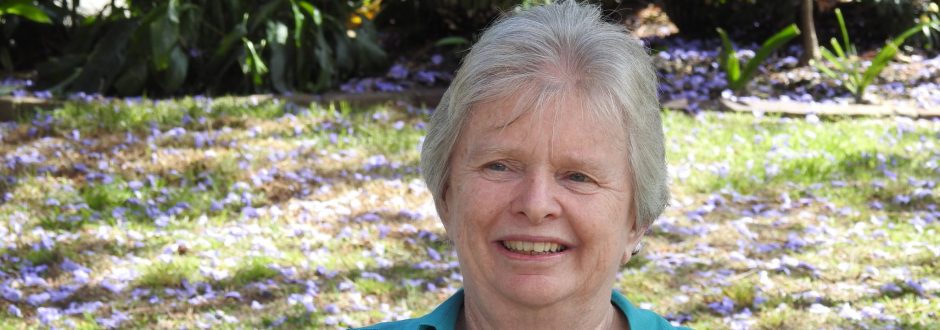Sending asylum seekers to be processed in another country is politically sanctioned people-trafficking, says Good Samaritan Sister Clare Condon. It is a failure in the moral credibility of a wealthy nation.
BY Clare Condon SGS
Some years ago I had the great fortune to live and work with young Vietnamese women who had arrived in this country alone. These teenagers, that is, ‘unaccompanied minors’, arrived by boat having escaped from their war-torn country with little or no material possessions. We called them ‘boat people’. These frightened young girls simply wanted a chance at life; to live in a democratic country and to know some level of freedom. They were welcomed into this so-called “lucky country” as Buddhists, Christians or of no-religion. Religion did not seem to be an issue pre-September 11!
August 26, 2011 marks the tenth anniversary of the Tampa crisis when a Norwegian cargo ship, the MV Tampa, rescued 433 asylum seekers from a sinking vessel in the Indian Ocean and the Australian Government refused them entry into Australia. This tragic event seems to have changed our national psyche. We seem to have learnt very little from it.
“Stopping the boats” is such an emotive and evocative issue in Australia today. I ask: have we lost the ‘fair-go’ attitude that has been a hallmark of our Australian identity? Or is a ‘fair-go’ only for selective white Anglo ‘true blues’? Why can’t refugees arriving on our shores be processed onshore in a timely manner as were the Vietnamese ‘boat people’? If they are genuine refugees, then surely they can be welcomed; if not they can be returned.
Our laws and bureaucratic red tape seem to have created the problems that leave people in detention centres for months on end without any resolution of their predicament. I had thought that, as Australians, we were capable of responding to such matters of humanity with both competence and compassion.
Our two major political parties seem to want to keep this issue firmly on the agenda and thereby continue to use ‘asylum seekers’ as a political football. While “stopping the boats” is at the forefront of national politics, our politicians can avoid dealing with other important national issues. It seems they are unable to bring this nation to a collective moral stance. Has our moral compass been so dented by world events that this three-word slogan – “stop the boats” – is all that we can take in?
Occasionally I meet up with my Vietnamese friends who are well-established and exemplary citizens, contributing to Australia’s national prosperity. Some have professional qualifications and have succeeded at tertiary studies. Some are married with young Australian children. Although they still cherish their first culture, this is their country as much as it is mine.
The current wave of refugees is not unlike people from Vietnam who also fled war zones and oppressive regimes. Surely we have some obligations to those who have been driven out of their war-torn country, particularly when Australian military forces are involved in some of these wars. Surely they, too, could become well-established and exemplary citizens who contribute to our national prosperity?
The so-called “Malaysian solution” of the current government and the “Pacific solution” of the previous government are no solutions for those desperate enough to get into a leaky boat and travel the high seas in search of freedom. These are inadequate responses aimed at the ‘people smugglers’ only and not at the needs of those seeking asylum.
Sending these people off-shore to another place is, to my mind, politically sanctioned people-trafficking. It is a failure in the moral credibility of a wealthy nation.
I am not naïve enough to think that some who seek to come our shores might not be legitimate refugees, but I suspect the vast majority are. That they sustain such an arduous journey through several countries and then travel in unworthy-sea boats suggests genuineness on the part of many.
Could I just dream for a moment? Could this ten-year anniversary of the Tampa be a time to rethink our nation’s whole approach to refugees, asylum seekers and boat people? Could we not introduce a more competent, humane and compassionate approach to those who come to our shores seeking a life free from persecution?
